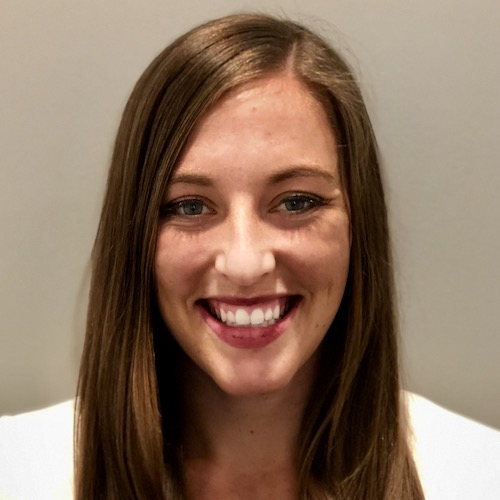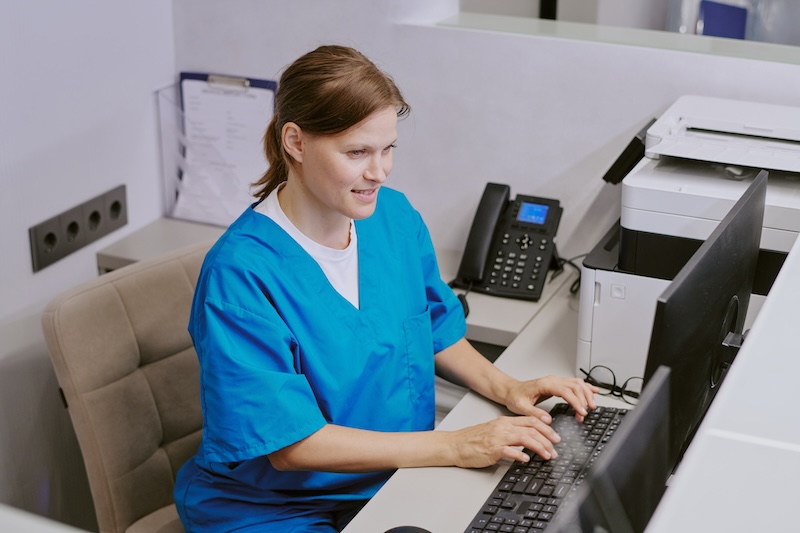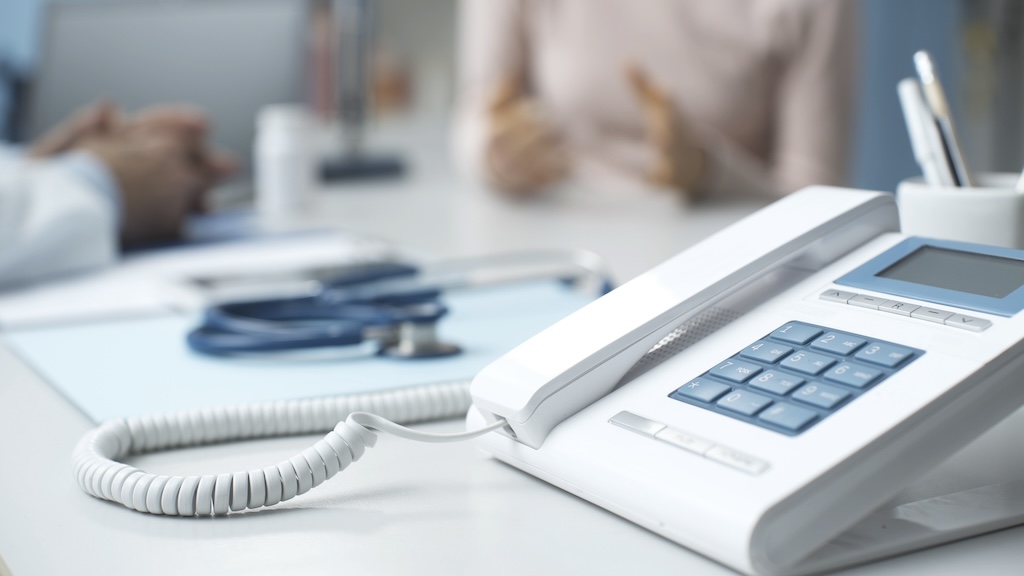If you’re interested in starting a career in healthcare administration, you might be considering medical billing and coding in addition to other options. Billers and coders specialize in managing patient data and coordinating with insurers, making them essential in ensuring providers get paid for their services.
This guide will go over what makes medical billing and coding a unique and rewarding career path, as well as how to know if this is the right path for you.
What Is Medical Billing and Coding?
Medical billing and coding is the process of recording each service a clinic or hospital provides, preparing bills for patients, and coordinating with insurers for reimbursements. That means billers and coders need to be detail-oriented and computer savvy, and are typically expected to work full-time hours mostly sitting at a desk.
Although there are specialists who dedicate their careers to billing and coding, many smaller clinics and private practices prefer to hire medical administrative assistants who handle billing and coding in addition to other tasks. That’s why Stepful’s Certified Medical Administrative Assistant program covers billing and coding alongside other essential topics.
The Difference Between Billing and Coding
Now that you know what medical billing and coding is, you might be wondering what the difference is between coding and billing. The answer is simple: Coding means using the Current Procedural Terminology (CPT) codes created by the federal Centers for Medicare and Medicaid Services to record each service a patient receives.
Billing is the next step: Using the assigned CPT codes, billing specialists create accurate invoices to collect payment from patients and insurers. Together, these behind-the-scenes administrative processes are essential to getting patients the care they need and providers the pay they deserve.
Other Skills Medical Billers and Coders Use
While billing and coding are the most essential skills for this career, that doesn’t mean you won’t need other strengths to succeed. Here are just a few of the additional skills you’ll need to make a good medical biller or coder:
- Understanding medical terminology: You can’t accurately log and bill for patient services if you don’t understand the language used to describe them. That’s why medical billers and coders are required to have a thorough understanding of human anatomy and medical terminology.
- Navigating complex software: Most of a biller or coder’s day is spent inputting and extracting information from electronic health records (EHRs). These programs can be complicated and frequently update their software, so maintaining familiarity with them is an important part of billing and coding.
- Keeping track of details: You’ll need an aptitude for focusing on small details to avoid introducing errors that can delay care for patients or payment for providers.
How to Become a Medical Biller and Coder
To start a new career in billing and coding, you’ll need to follow these steps:
Step 1: Get your high school diploma or GED
You don’t need to have graduated college to become a biller or coder, but you will need to have either completed high school or earned your GED.
Step 2: Complete a training program
The best way to learn everything you need to work in billing and coding is to complete a credible training program. There are many types of programs available, ranging from in-person degree programs to entirely online medical billing and coding courses.
No matter your budget, schedule, or location, you should be able to find a medical billing and coding program that suits your needs.
Step 3: Earn your billing and coding certification (Optional)
While you aren’t legally required to be certified to work in billing and coding, you’ll have a harder time finding employment without it. Luckily, you have plenty of options when it comes to your certification, including Certified Professional Biller (CPB) and Certified Professional Coder (CPC) offered by the American Academy of Professional Coders (AAPC) and Certified Coding Specialist (CCS) offered by the American Health Information Management Association (AHIMA), and any credible training program will leave you ready to pass your exam with ease.
Step 4: Land a full-time job
Once you’re certified, all that’s left is to find your first full-time job to kick off your new career. Many medical billers and coders work at large healthcare systems, insurance companies, and mid-sized clinics and hospitals.
Searching job listings in your area is the best way to get a sense for the demand for medical billers and coders and the expectations of potential employers.
How Much Do Medical Billers and Coders Make?
According to the U.S. Bureau of Labor Statistics, which classifies billers and coders as medical records specialists, their average annual salary was $50,250 per year in 2024. That works out to $24.16 per hour, but your exact wages will differ depending on where you work and your level of education and experience.
The BLS projects that the billing and coding industry will grow by 9% over the next decade, making the job a great choice for those seeking job security.
How Do I Know If I’d Be Good at Billing and Coding?
Before you invest your time and money into undergoing training and earning certification, you’ll probably want to make sure you’ll be a good fit for a career in billing and coding.
Here are a few traits that’ll help you be happier working as a biller or coder:
- A preference for working alone: Medical records specialists spend long hours sitting in front of a computer alone and have little to no direct interaction with patients.
- A knack for organization: Keeping facts and figures in their proper places is a big part of a medical biller or coder’s responsibilities.
- Comfort with computers: As a medical biller or coder, you’ll need to be comfortable working with complicated software.
Learn More About Medical Billing and Coding
- How to Find Medical Billing & Coding Online Courses
- Medical Assistant vs Medical Coding & Billing
- Medical Administrative Assistant: Duties, Salary, & More
- Medical Administrative Assistant Skills List
- How to Become a Medical Administrative Assistant




.svg)












